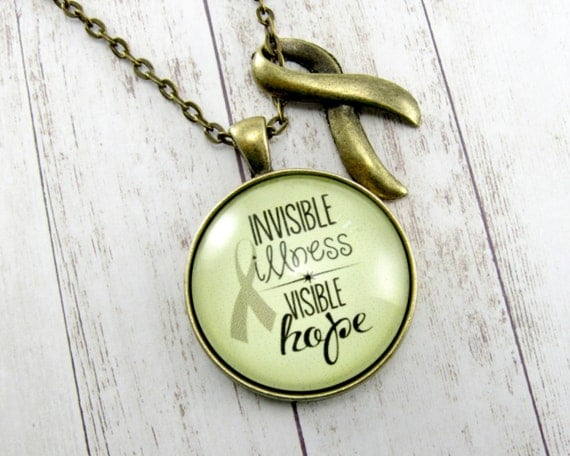Dear Public Health Nurse,
You saved me. You probably aren't aware of the impact you have had on my family, but I want to tell you that you saved me.
You first started coming to our house 2 years ago to do weekly weight checks on Davy, who had recently gotten his G Tube.
You rejoiced with me over each ounce that Davy gained and mourned with me over each ounce that he lost. You noticed how Anna was also very tiny for her age and started weighing her too, taking a load off my mind as I could finally see tangible evidence of her slow, but steady growth.
 But, you didn't just weigh Davy on your portable scale and then leave each week.
You stayed for a while, and you let me talk. You showed me how to deal
with the stress of being a medical mama. You let me cry and sometimes,
you gave me a hug before you left. You gave me ways to balance Davy's
care with the needs of my 3 older kids. You helped me figure out how to
handle sweet little toddler Anna when she acted out to get attention
and made me pull my hair out in frustration. You researched and printed off articles for whatever parenting issue I was currently dealing with, and you gave me valuable information on feeding a failure to thrive child. You encouraged me to lean on my friends and my family when I didn't have the courage to ask for help.
But, you didn't just weigh Davy on your portable scale and then leave each week.
You stayed for a while, and you let me talk. You showed me how to deal
with the stress of being a medical mama. You let me cry and sometimes,
you gave me a hug before you left. You gave me ways to balance Davy's
care with the needs of my 3 older kids. You helped me figure out how to
handle sweet little toddler Anna when she acted out to get attention
and made me pull my hair out in frustration. You researched and printed off articles for whatever parenting issue I was currently dealing with, and you gave me valuable information on feeding a failure to thrive child. You encouraged me to lean on my friends and my family when I didn't have the courage to ask for help.




























